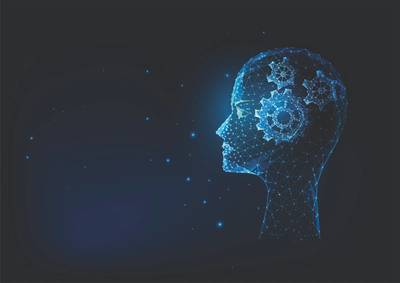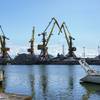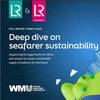Training Tips for Ships: Are Mariners Knowledge Workers?
What is the difference between knowledge and skills? Which should we focus more on in our training, and how does one influence the other?
When we think about the most important mariner quality, often the first thing that comes to mind is skill. Can the officer or crewmember safely perform the skills required of him or her? After all, if everyone performs their necessary skills correctly, what more is there?
There is, in fact, much more. Let’s see what the experts have to say:
- “A study by the U.S. Coast Guard found many areas where the industry can improve safety and performance … the three largest problems were fatigue, inadequate communication ... and inadequate technical knowledge.”
Human Error and Marine Safety - U.S. Coast Guard Research & Development Center
- “Knowledge-based mistakes may occur when we have to think our way through a novel situation for which we do not have a procedure or “rule”. … Knowledge-based ... mistakes by crewmembers account for 13% [of maritime accidents].”
Searching for the Root Causes of Maritime Casualties - Maritime Research Centre, Warsash, Southampton, UK
It is interesting to note that the study from which the second quote was taken indicates that “skill-based” mistakes account for only 9% of accidents. Fewer than “knowledge-based” mistakes! So why is knowledge being identified as important - possibly even more important than skills?
The performance of any skill must accommodate and adapt to the context in which the skill is being performed. For example, weather conditions, proximity to hazards, lighting, noise, movement, and many other contextual factors may need to be accommodated when performing a skill. But since each mariner will face a vast array of novel situations while performing skills throughout their career, it is impossible to train them for every possible combination of factors.
Similarly, vessel-based technical systems are ever-increasing in their complexity. If a vessel’s system is influenced by an external contextual factor or does not respond as expected, how can we train our mariners to respond accordingly in such a complex, novel situation?
The answer is by ensuring that our mariners have the knowledge that underlies the skill, and the ability to reason and apply their knowledge to the novel situation being encountered. Today, this also means that mariners require at least a basic understanding of the complex systems they will be relying on when performing their skills. This need for knowledge is going to continually increase in scope, depth and importance as the role of the mariner and our vessel-based systems similarly increase in their complexity. To a degree, mariners must become knowledge workers, using their knowledge to continually adapt to novel situations. In a nutshell, skill is not sufficient, an increasing amount of knowledge is required as well. The deeper the knowledge, the more readily adaptable the person is to more widely fluctuating conditions.
Despite our best efforts, we cannot train and assess for every situation. Therefore, the next best thing we can do is to train and assess the knowledge which will help mariners do their job well, and provide them with the necessary tools to react intelligently when an unexpected situation arises. This is the age of the “knowledge worker” - and the maritime industry has entered this age. We need to prepare our knowledge workers for the job.
So - which is the more critical training focus - knowledge or skills? Clearly both are critical. Safety depends on it.















